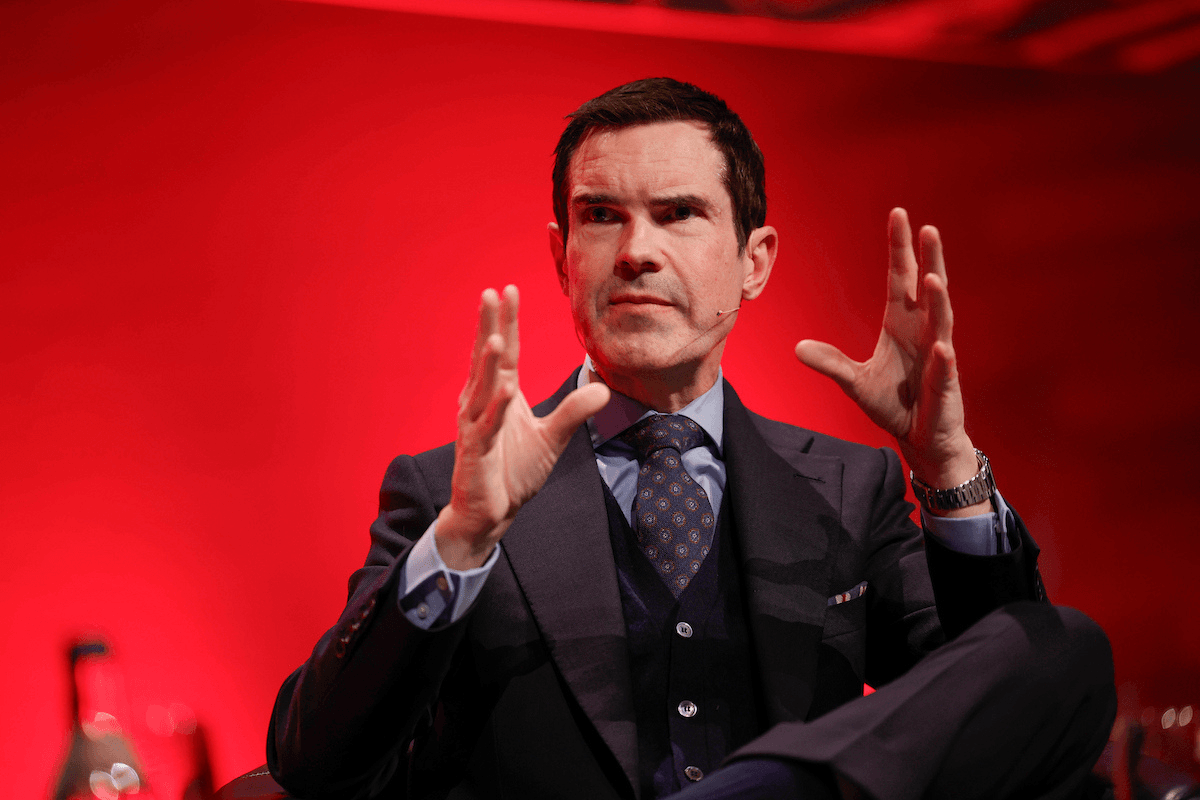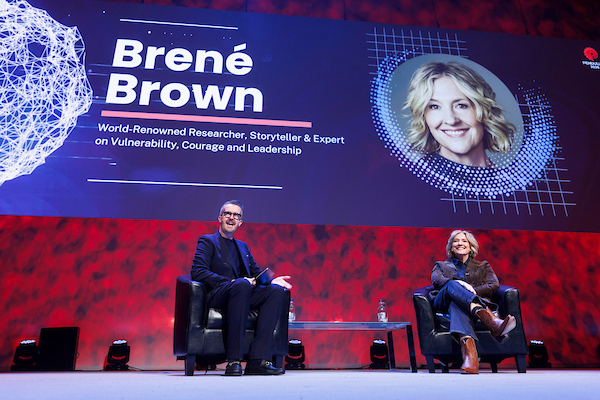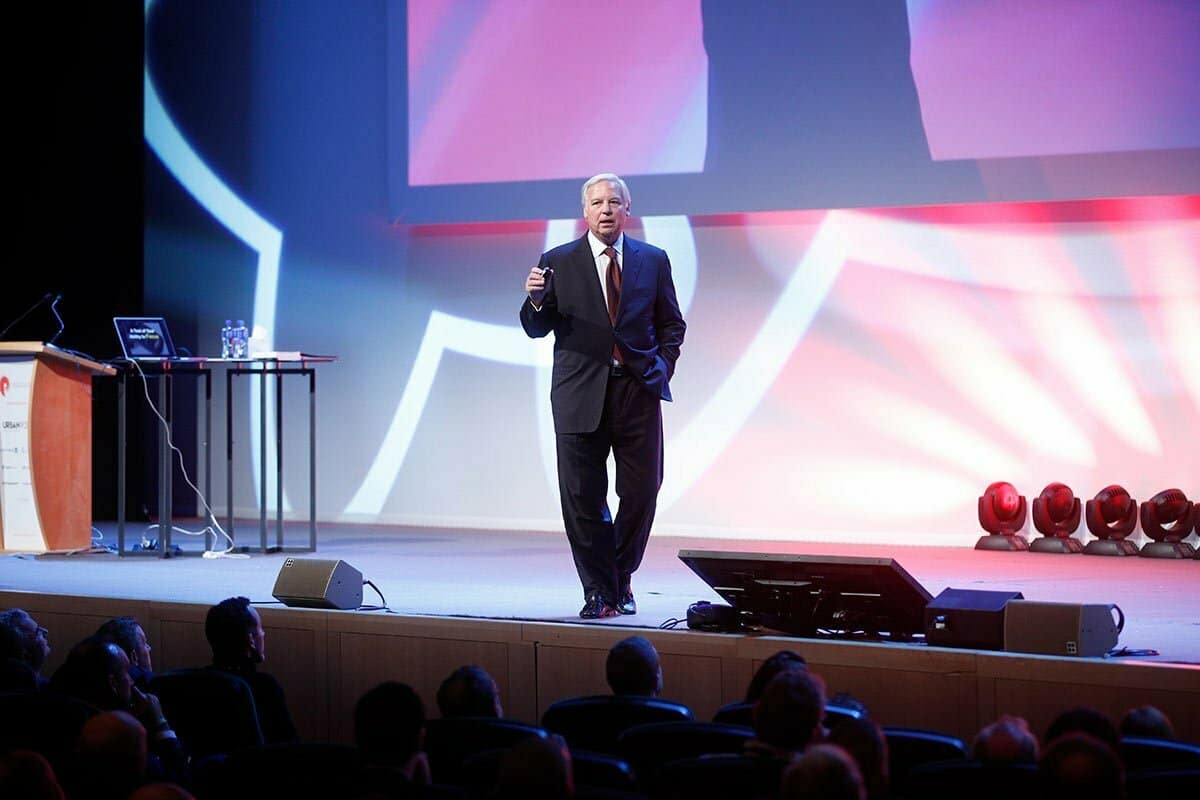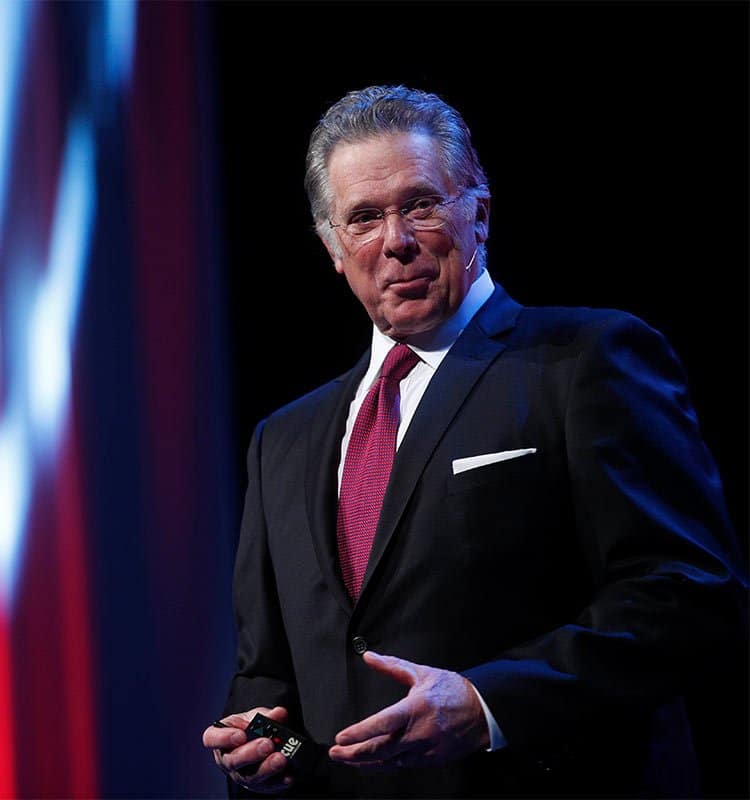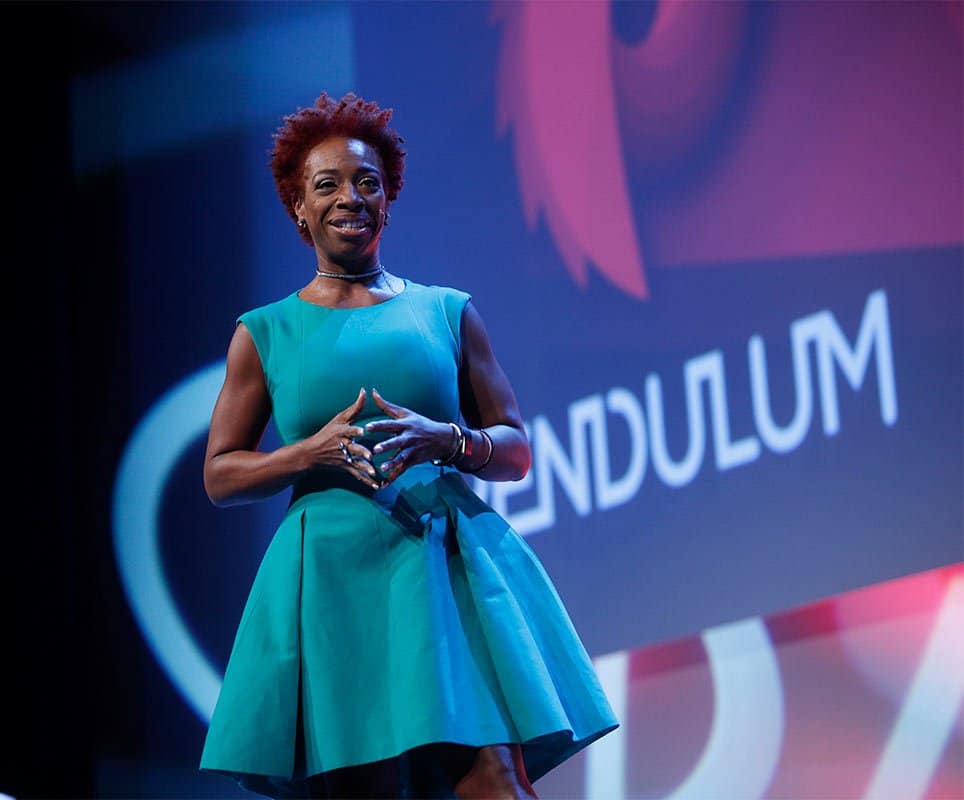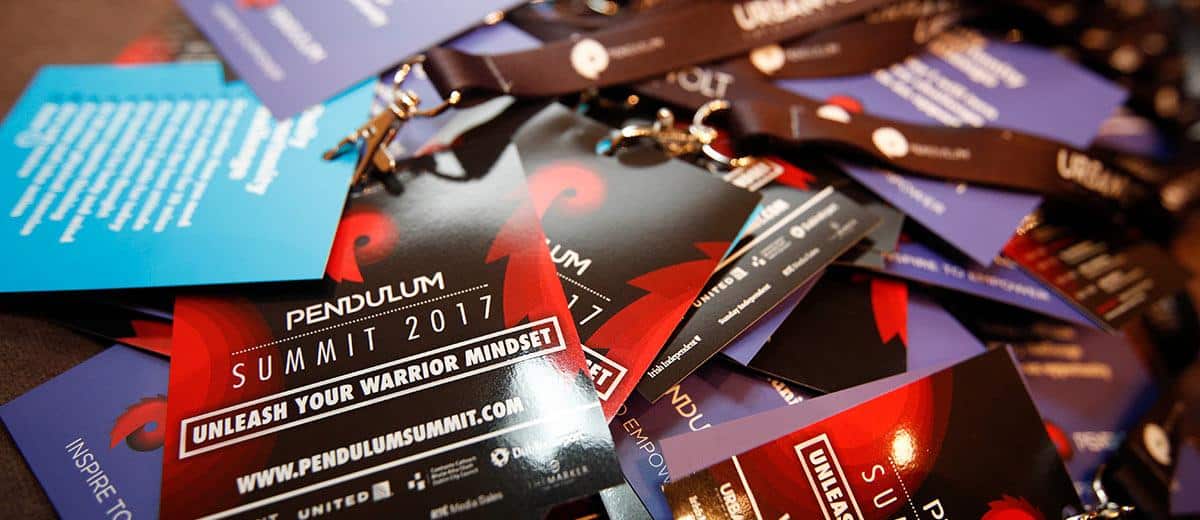Jamie Heaslip is a former rugby player, who played for Ireland and Leinster He had the honour of being the 1000th player to wear the green of Ireland, the 760th to wear the Irish & British Lions jersey and 50th player in world to become part of the centurion club.
He is known for his unmatched work ethic both on and off the field and takes his leadership role with a lot of earnestness. Apart from being a professional rugby player, Jamie has an impressive academic record. He has a degree in medical mechanical engineering, a masters in Management and attended Harvard Business School in their executive program.
Heaslip has put these degrees to good use off the field by parlaying his sporting skills to business. With his beliefs in collaboration and common purpose, he has been instrumental in setting up business teams. With his business interests by the side, he has had exposure to media and high-performance consultancy. Here is a snapshot from his interview at the global virtual event Pendulum Resurgence.
Tell us how you pivoted your life after your career ending injury? Did you consciously set about a plan of action or was it more gut guided?
Disruption is here to stay. So we must evolve with it. You have to adapt to the ‘new normal.’ You need to start putting things in place. For me, it was that ‘north star’ or motto of ‘leaving the jersey in a better place’ that helped me transition from professional rugby to life after rugby.
What’s your leadership style when it comes to decision making?
When it comes to decision making on the pitch it’s a split second reaction but in business one has time to think and weigh up the odds. I continuously have to evolve. Like in sport where it’s ‘evolve or die.’ I very much believe in leading by example. When you have the jersey on and there’s thousands of people screaming at you and millions watching, it’s leading by example is what I want people to have. You have to have a plan in place of how you want to achieve this on a constant basis. The phrase ‘great days make great weeks make great memories’ highlights that it doesn’t happen by chance. You have to put the work in, and plan and adapt accordingly.
You must have had to battle with self-talk and limiting beliefs throughout your rugby career? How did you handle it?
There’s three moments that stand out. The first is when I was about 12 doing an entry interview for my school Newbridge college. The principal asked ‘what to do with your life Jamie?’ – I want to play for Ireland. He started laughing and he was like, no you can’t do that. That’s no no. My mother straight away shot him down. She said you cannot tell him what he can or can’t do – let him figure that out.
Many people of influence, who maybe don’t even realise it, input self-doubt and self-denial in others and it’s like that ‘dream big’ moment for me. You still have that kind of ideal self and work towards. Although you might not ever get there I think we all need to work towards that ‘dream big’ moment, to have self-belief and not to be negatively influenced by others’ seeds of self-doubt or box they want to put you in
The second was when I got offered my first contract out of college at 21. I actually listened to my Dad who said ‘don’t take it, if you’re good enough now, you’ll be good enough next year and they’ll be another option next year.’ So I turned it down and finished college and he was right. This, to me, gives you the belief in one’s own ability and working on your own craft.
Third, if I’m honest, when I finished my professional rugby career, I wanted a real challenge and I applied for a job in Google and I surprised myself, I actually got it and worked there for 14 months full-time. To be thrown in at the deep end was an understatement. I was so scared because I was going into a world where your peers have been in there for 14 years. I was going from being an expert on the field to the first time in your life that you are a junior employee and the least experienced person in the room in this specific context.
I had to ask myself ‘what are your strengths? I learned so much and had so much growth for myself and that I was there full time for 14 months that you know, it’s definitely made me a better person getting really, really uncomfortable. And so you’re literally talking about getting comfortable with being uncomfortable and stepping out of your comfort zone.
I was very lucky in rugby. You go from your club to your National side and then every four years if you’re lucky you get to go with the British and Irish Lions. You have this process of natural progression and every so often you have the World Cup. This progression of measuring yourself against other players and other teams, the level of expectation and standards go up. That’s the thing about sport – there’s a constant production line of young hungry talent who want to prove themselves, want to get in the team, want to take your position, so the minute you take your foot off the gas is the minute that you fall behind. So I did every year to try and stay on top but also embrace this new talent coming through because you learn from them and it’s a good challenge to have them so close – to train your ego. Because when you’re the young guy, you’re like, I want his spot, but I actually only learn it when there were senior players above me who are really good with their time so I always thought when I was in that position I was going to be that guy that that would bring through these players, because if I’m honest, from a selfish point of view, it just meant the team standard would be better and you want to be part of successful organizations and successful teams.
How would you advise someone who says ‘I’m afraid’ or ‘I’m in that comfort zone and I know I should be pushing to grow but it’s safe here and at least I know it.’ What do you need to do to push out and get into that discomfort zone?
I think people don’t resist change. I think they resist being changed. If the person doesn’t buy into it, the carrot and stick approach doesn’t work long-term. You’ve got to work with the person to try to really break down the goal.
It’s important to have a coach or external support in whatever it is you’re trying to achieve. I personally have had some of the best coaches in the world.Don’t be afraid to get someone in to really help you to learn more or be that best version that you can be.
What can we commit to doing daily that will enhance our wellness and increase our performance in all aspects of our lives?
I am an advocate of planning and scheduling my time. This helps me to get clear on what I need to achieve and it also helps me to look back on how I’ve spent my time versus how I wanted to spend my time. Journaling also helps you to have an absolute brain dump onto a page and get it out of you. Every morning I set my intentions for the day – two goals you want to do and then journal out what the perfect day looks like. Then look at planning out your year. Break it down into quarters and then break it down into months and weeks. Make a plan in terms of how you want to spend your time while considering peak times and recovery times. But you need to be flexible. I don’t live by my diary but it definitely helps with getting stuff done. Sport at a professional level is very, very selfish. That forced change has definitely made me a better person in terms of being a lot more flexible.
Want More? Check Out Our World-Class Virtual Learning and Event Solutions…
Pendulum Inspired Leadership Programme:
A world-class online and interactive learning experience that focuses on 8 core modules pertaining to Self-Empowerment, High Performance, Leadership, Goal Setting, Emotional Intelligence, Creativity, Innovation, Communication and more.
For more info visit pendulumuniversity.com
Pendulum Talks:
We believe learning should excite you, exhilarate you, captivate you, and should be juicy enough to tempt you for more! Pendulum Talks works with a host of global visionaries, entrepreneurs, leadership experts and motivators to deliver world-class content and game-changing insights directly to you.
For more info visit pendulumtalks.com
Virtual Event Solutions:
Virtual events provide an excellent way to bring people and brands together during these unique times. They can even open up your brand to new audiences with global reach, accessible content, and excellent ROI.
Our expert team can put together a highly professional audiovisual package for your presentations, complete with slideshows, Q&As, polls, and other features, alongside a full suite of analytics. Our virtual event management will take consumer and personnel safety to high standards without compromising your brand message.
Virtual events are accessible, budget-friendly, and truly scalable, suitable for events of any size and audience.
Get in touch today by email welcome@pendulumsummit.com

